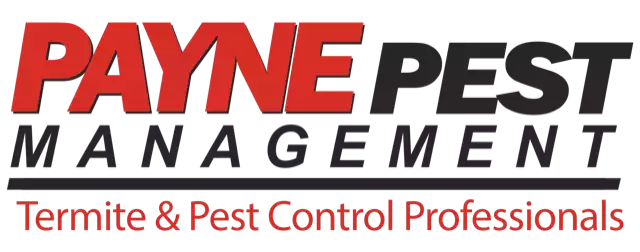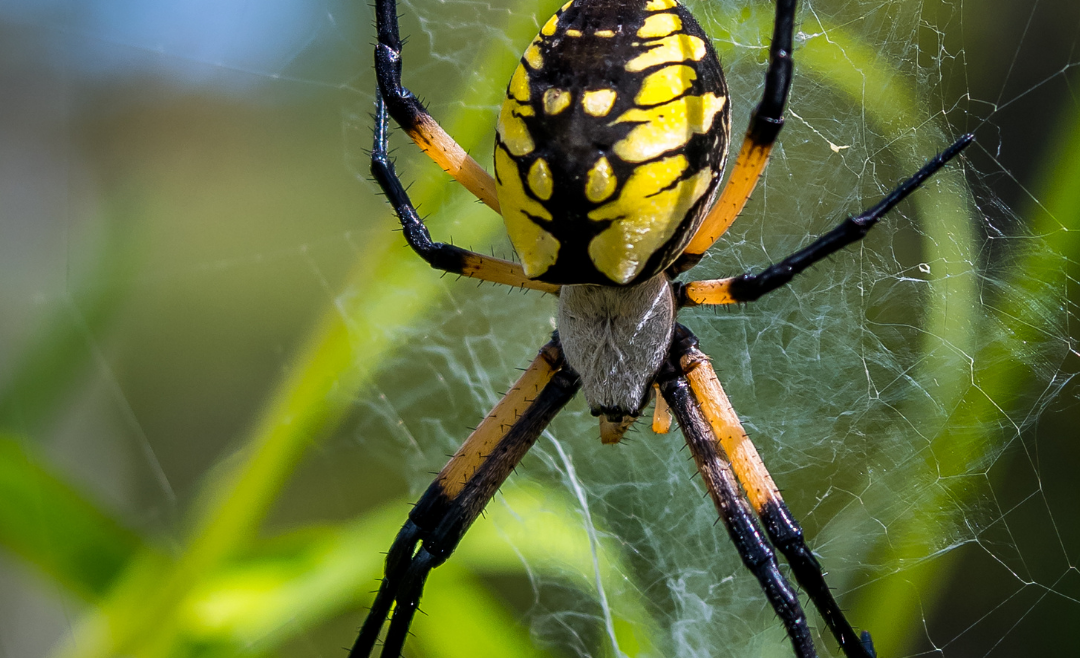Welcome to the intriguing world of spiders that inhabit Temecula and its surroundings. Whether you’re a local resident or just passing through, there’s a good chance you’ve encountered some of these eight-legged wonders. This blog post aims to not only familiarize you with the common spider species found in the area, but also alleviate any concerns you may have by providing useful information about their behaviors and habitats. By the end of this article, you’ll have a deeper appreciation for these fascinating creatures and learn how to coexist with them.
Why Spiders Matter
Spiders play a crucial role in maintaining ecological balance. They are natural pest controllers, feeding on insects like mosquitoes, flies, and beetles, which can otherwise become nuisances in our homes and gardens. Understanding the role of spiders helps us appreciate their presence and recognize their contributions to a healthy ecosystem.
For many people, spiders are a source of fear and discomfort. However, most spiders are harmless and prefer avoiding human contact. By learning more about the species native to Temecula, we can demystify these misunderstood arachnids and foster a sense of respect for their role in our environment.
The Black Widow Spider
Identifying Features
The Black Widow is perhaps one of the most infamous spiders found in Temecula. Recognizable by its glossy black body and distinctive red hourglass marking on the abdomen, the Black Widow is often feared for its venomous bite.
Despite their reputation, Black Widows are not aggressive. They tend to reside in secluded areas like garages, sheds, and woodpiles, where they spin their webs and wait for prey. It’s important to exercise caution when moving items that may disrupt their habitat, as this is when bites are most likely to occur.
Ecology and Behavior
Black Widows play a beneficial role by controlling pest populations of insects. Their webs are irregular and sticky, designed to trap unsuspecting prey efficiently. Females are the ones who possess the potentially harmful bite, while males are much smaller and less dangerous. Understanding their behavior can help reduce unnecessary fear and encourage safe coexistence.
Safety Precautions
To minimize encounters with Black Widows, keep outdoor areas free from clutter and frequently inspect potential nesting sites. Wearing gloves when handling firewood or gardening can also provide an extra layer of protection. If bitten, it’s important to seek medical attention promptly.
The Brown Recluse Spider
Recognizing the Recluse
The Brown Recluse is another spider that garners attention due to its venomous bite. Fortunately, it is much less common in Temecula compared to other regions. Identified by its violin-shaped marking on the back, this spider prefers dark and undisturbed areas.
Brown Recluses are shy and avoid confrontation. They often inhabit basements, attics, and closets. Like the Black Widow, their bite is a defense mechanism rather than an act of aggression, typically occurring when they are trapped against the skin.
Role in the Ecosystem
Brown Recluses help control insect populations, serving an important purpose in their ecosystems. They are nocturnal hunters and use their silk to create retreats rather than webs for catching prey. By understanding their habits, we can respect their natural behaviors and promote peaceful coexistence.
Prevention Tips
To reduce the likelihood of encountering Brown Recluses, regularly clean and declutter storage areas. Sealing cracks and crevices in your home can prevent them from entering living spaces. If a bite occurs, seek medical assistance to ensure proper care.
The Common House Spider
Characteristics and Habits
The Common House Spider, often seen in Temecula homes, is a benign presence. These small, brown or gray spiders build their webs in corners and undisturbed areas, where they capture flies, mosquitoes, and other flying insects.
Unlike their more notorious counterparts, Common House Spiders are not venomous to humans. They are often mistaken for more dangerous species, but they pose no significant threat. Observing them in action can offer insight into the intricate world of spiders and their role in pest control.
Contribution to Pest Control
House Spiders are allies in keeping insect populations in check. Their tangled webs are effective traps for nuisances like flies and gnats. Allowing them to thrive in appropriate spaces can minimize the need for chemical pest control methods, benefiting both humans and the environment.
Coexisting Harmoniously
To maintain a harmonious relationship with House Spiders, regularly clean their webs from frequently used spaces while allowing them to exist in less-trafficked areas. This approach encourages a balanced ecosystem within your home and reduces the need for more invasive pest management techniques.
The Orb-Weaver Spider
Fascinating Web Builders
Orb-Weaver Spiders are known for their impressive circular webs, often seen glistening in the morning dew. These spiders come in various colors and sizes, with some species showcasing vibrant patterns that add beauty to their intricate web designs.
Orb-Weavers are non-aggressive and pose no danger to humans. Their primary focus is on catching insects, making them beneficial garden residents. Observing these spiders at work can provide a unique perspective on the artistry of nature.
Importance in Gardens
In gardens, Orb-Weavers play a vital role in controlling pests that could damage plants. Their webs act as natural traps, reducing the need for chemical interventions. By welcoming these spiders into your garden, you contribute to a healthier and more balanced ecosystem.
Encouraging Their Presence
To encourage Orb-Weavers, avoid using pesticides that could harm them. Allowing natural vegetation to grow and thrive will provide suitable environments for these beneficial spiders. Observing their webs can be a rewarding experience for nature enthusiasts and gardeners alike.
The Jumping Spider
Quirky and Curious
Jumping Spiders are a favorite among arachnid enthusiasts due to their unique appearance and behavior. With their keen eyesight and agile movements, these spiders are excellent hunters, often seen leaping distances to catch their prey.
Jumping Spiders are harmless to humans and are known for their inquisitive nature. They are often seen exploring surfaces with curiosity, and their presence can add an element of wonder to your surroundings.
Masters of Vision
Unlike many other spiders, Jumping Spiders rely heavily on their excellent vision to hunt and interact with their environment. They possess large, forward-facing eyes that give them a distinct appearance and enable precise movements.
Welcoming Visitors
When you encounter a Jumping Spider, take a moment to observe its playful antics. These spiders are not aggressive and can be safely admired from a distance. Their presence is a testament to the diversity of the arachnid world and the wonders of nature.
Exploring the world of spiders in Temecula opens our eyes to the fascinating diversity of these creatures and their vital roles in maintaining ecological balance. From the misunderstood Black Widow to the artistic Orb-Weaver, each species contributes uniquely to the environment.
By understanding their behaviors and habitats, we can coexist safely and appreciate the benefits they bring. These insights transform fear into fascination and encourage a deeper connection with the natural world around us.
For those eager to continue their exploration, numerous resources are available to learn more about spiders and their importance in ecosystems. Temecula’s local wildlife centers, libraries, and online platforms offer valuable information for inquisitive minds.
Whether you’re a seasoned spider enthusiast or a curious newcomer, there’s always more to discover about these remarkable creatures. Take a moment to observe their webs, watch their agile movements, and appreciate the intricate tapestry of life they weave in and around Temecula.







